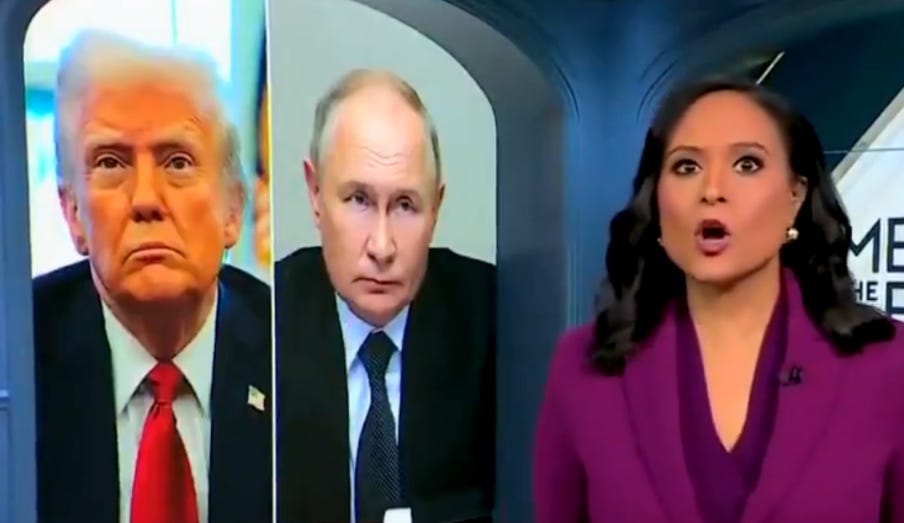It is hard to see much systemic thinking in the new round of tariffs, and because trade can only be resolved on a systemic basis, and not on a bilateral basis, this means that they are unlikely to be very helpful. Unfortunately it is also very hard to discuss tariffs in a non-hysterical way. They are neither the panacea that the Trump administration supposes they are, nor are they the instrument of Satan, as most American economists truly believe them to be. They are simply one of many industrial policy tools designed to tax consumption and subsidize production, and as such can be expansionary under certain circumstances and contractionary under others. In fact other policies can be much more effective. I'd argue, for example, that tariffs are a relatively minor contributor to China's trade surplus. Far more important ways to tax consumption and subsidize production in China have been its undervalued currency, a financial repressed banking system that... directs credit to favored sectors, factors that have limited wage growth relative to productivity growth, and overspending on logistical infrastructure. Tariffs are supposed to work by doing the same thing, but they are usually less efficient ways of doing it. While some countries may retaliate against US tariffs by raising their own tariffs on US goods, other countries will find far more effective – and less visible – ways to do so, by depreciating their currencies, for example, or by directing more cheap credit to manufacturers. To make matters worse, the new tariffs don't really address the real US problem. One obvious reason is that the tariffs are largely bilateral, and while bilateral imbalances may impress those who don't understand trade and capital flows, they are in fact pretty useless. Bilateral tariffs mostly divert trade, but because they don't address the internal imbalances in the surplus countries that drive their trade surpluses, nor do they address the US role in accommodating these surpluses, they will most likely just shift bilateral balances... without changing the overall US trade deficit. This, remember, is what happened after the first round of US tariffs in 2018, when the US deficit with China declined, but the overall US deficit and the overall Chinese surplus both rose. A second problem with the latest round of tariffs is that they target the wrong countries. Trump focuses on whether or not a country has a trade surplus with the US rather than on whether or not that country is running large, persistent surpluses overall. It is only the latter that export what Joan Robinson called beggar-thy-neighbor trade surpluses. Countries like Canada, Mexico and Japan are not part of the overall problem because they run overall trade deficits that help absorb some of the global imbalances. f the Trump administration is really serious about reducing the US trade deficit, the latest round of tariffs won't help, but of course any discussion about their actual impact will be drowned in the hysteria likely to emanate from either side. I continue to expect the US to run large trade deficits over the next year or two, and this won't change until there is a more rational approach to changing the US role in accommodating global beggar-thy-neighbor policies. That's why I expect to see articles this year about the surprising export "resilience" of trade surplus countries. The US matters to global trade not mainly as an importer but as a net importer, and until that changes, the impact on overall trade will be less than expected.





